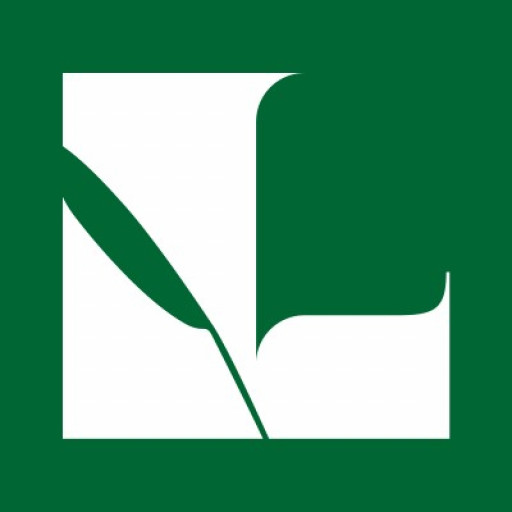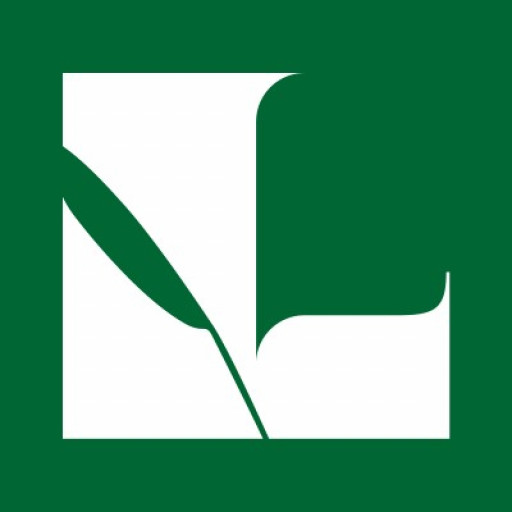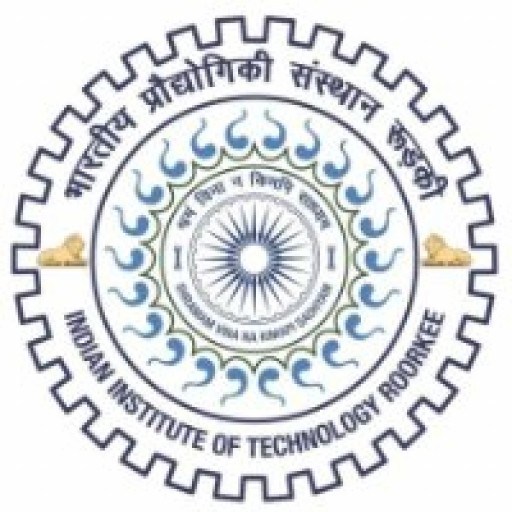Photos of university / #oxford_uni
The Bachelor of Science in Computer Science at the University of Oxford offers a comprehensive and rigorous curriculum designed to equip students with a deep understanding of the fundamental principles and practical applications of computing. The programme provides a solid foundation in algorithms, programming languages, software development, and systems architecture, ensuring graduates are well-prepared to tackle complex problems across various domains. Students will explore theoretical underpinnings such as computational theory, formal languages, and automata, alongside applied topics like machine learning, data science, cybersecurity, and artificial intelligence. The programme emphasizes critical thinking, problem-solving, and innovation, fostering skills that are highly valued in today’s rapidly evolving tech landscape. While the curriculum is rooted in core computer science concepts, it also offers opportunities for students to specialize in areas of particular interest through optional modules. Throughout their studies, students engage in practical coursework, projects, and group collaborations that develop technical proficiency and teamwork abilities. The Oxford environment encourages scholarly inquiry, with access to world-class resources, expert faculty, and cutting-edge research facilities. Graduates of the programme are prepared for diverse careers in technology, research, academia, or entrepreneurship, or for further advanced study. The programme's intellectually challenging nature and close ties to industry and research ensure that students graduate with not only technical expertise but also a global outlook and adaptability to future technological shifts. The Bachelor of Science in Computer Science at Oxford is ideal for motivated, curious individuals who aim to make significant contributions to the digital world and beyond.
| 1st year | |
|
Courses Core courses:
|
Assessment Four written papers, plus practicals |
| 2nd year | |
|
Courses Core courses (50%):
Current options (50%) include:
|
Assessment Four written papers, plus practicals (including a group design practical) |
| 3rd year | |
|
Courses Current options (67%) include:
Project work (33%) |
Assessment Approximately five written papers or take-home exams, plus practicals and project |
| 4th year | |
|
Courses Current options (62%) include:
Project work (38%) The courses listed above are illustrative and may change. A full list of current options is available on the Computer Science website. |
Assessment Five written papers or take-home exams |
- Attestat o Srednam Obrazovanii (Certificate of Secondary Education) would not be sufficient for candidates to make a competitive application. If your qualification is listed as being insufficient to make a competitive application to Oxford, then you will need to undertake further study if you wish to apply.You could take British A-levels (the British Council may know where you can take A-levels in your country), the International Baccalaureate (IB), or any other qualifications listed as acceptable on this page. The first year of a bachelor's degree from another university could also be an acceptable alternative.
- IELTS: overall score of 7.0 (with at least 7.0 in each of the four components)
- TOEFL (paper-based): overall score of 600 with a Test of Written English score of 5.5
- TOEFL (internet-based): overall score of 110 with component scores of at least: Listening 22, Reading 24, Speaking 25, and Writing 24.
- Cambridge English: Advanced, also known as the Certificate of Advanced English (CAE): grade A if taken before January 2015, or a score of at least 185.
- Cambridge English: Proficiency, also known as the Certificate of Proficiency in English (CPE): grade B if taken before January 2015, or a score of at least 185.
- English Language GCSE, or O-level: grade B (for IGCSE, please see below)
- International Baccalaureate Standard Level (SL): score of 5 in English (as Language A or B)
- European Baccalaureate: score of 70% in English.
Scholarships
Hill Foundation Scholarship
Russian nationals wishing to study for a second undergraduate degree. Application deadline: 12 noon (UK time) on 15 February 2017
Palgrave Brown Scholarship
Students must be ordinarily resident in and/or educated in the following countries:
Albania; Armenia; Azerbaijan; Belarus; Bosnia and Herzegovina; Bulgaria; Croatia; Czech Republic; Estonia; Georgia; Hungary; Kazakhstan; Kyrgyz Rep.; Latvia; Lithuania; Macedonia; Moldova; Montenegro; Poland; Romania; Russia; Serbia; Slovakia; Slovenia; Tajikistan; Turkmenistan; Ukraine; Uzbekistan. Application deadline: 12 noon (UK time) on 15 February 2017
The Bachelor of Arts in Computer Science at the University of Oxford offers a comprehensive curriculum designed to provide students with a strong theoretical foundation and practical skills in computing. The program covers a wide range of topics, including algorithms, programming languages, software engineering, computer systems, artificial intelligence, machine learning, data structures, and computational theory. Students benefit from a rigorous academic environment that encourages critical thinking, problem-solving, and innovative approaches to computing challenges. The course structure typically involves lectures, tutorials, and practical coursework, enabling students to apply their knowledge in real-world contexts and develop proficiency in programming languages such as Python, Java, and C++. Throughout the degree, students have the opportunity to engage in research projects, collaboration with industry partners, and interdisciplinary studies, enhancing both their technical expertise and understanding of the broader impact of technology. The university emphasizes a blend of theoretical understanding and practical application, ensuring graduates are well-prepared for careers in academia, industry, or entrepreneurship. Additionally, Oxford provides excellent facilities, including state-of-the-art laboratories and computing resources, alongside access to a vibrant academic community and numerous extracurricular activities related to technology and innovation. The program also focuses on fostering ethical awareness and societal implications of computer technology, preparing students to contribute responsibly to digital society. With a duration of three or four years depending on the chosen pathway and optional year abroad or industrial placement, the course offers flexibility to tailor the educational experience to individual interests and career goals. Graduates from the Computer Science program at Oxford are highly sought after due to the university’s reputation for academic excellence and strong links with tech companies, research institutions, and the wider industry community. This program is suitable for students passionate about computing, eager to understand the principles behind modern technology, and motivated to develop innovative solutions to complex problems. The program’s rigorous academic structure, combined with extensive support services and opportunities for specialization, ensures that students graduate with a comprehensive skillset and a competitive advantage in the rapidly evolving technology landscape.









